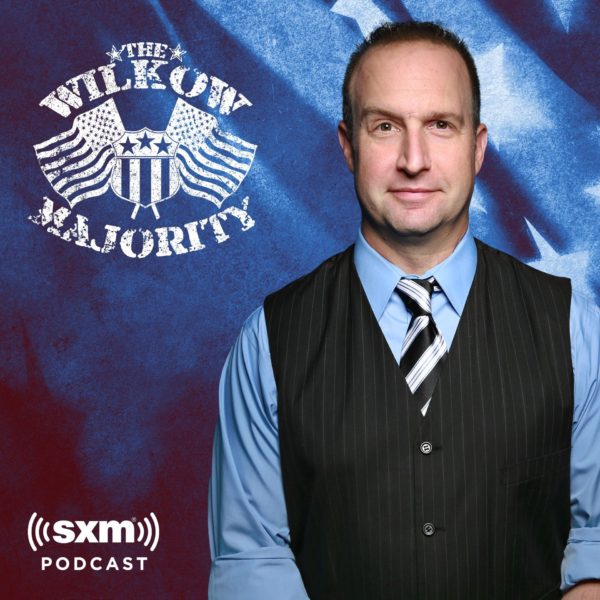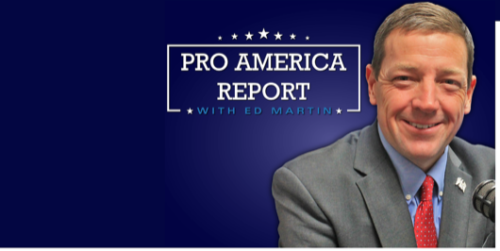John Lott and Colorado state Representative Ryan Armagost have a piece in Colorado’s second largest newspaper the Colorado Springs Gazette.
.
Credit card companies soon might be tracking purchases of firearms and ammunition in Colorado. A bill that would flag “suspicious activity” and also pave the way for the creation of a national gun registry is now on Gov. Jared Polis’ desk, where he will decide whether to sign it.
.
State Sen. Tom Sullivan and state Rep. Meg Froelich, the bill’s sponsors, point to mass shooters who could have been flagged for spending tens of thousands of dollars on guns and ammunition.
.
A New York Times piece from the end of 2018 claimed to have found eight cases in the preceding decade of mass murderers financing their attacks with credit cards.
.
The Times mentions unusual credit card spending in two cases. James Holmes, the 2012 movie theater shooter, spent more than $11,000 on a broad range of items: “guns, grenades, a gas mask, and various military gear.” Omar Mateen, the 2016 Orlando nightclub shooter, bought “two guns and thousands of rounds of ammunition.”
.
Mateen spent a couple of thousand dollars — hardly an unusual purchase. Many people spend thousands of dollars on hunting and sports rifles and shotguns every day.
.
By the beginning of 2022, the Bureau of Alcohol, Tobacco, Firearms, and Explosives (ATF) had collected and computerized nearly 1 billion firearm purchase records. This massive data collection effort includes information on all guns sold by licensed gun dealers, and on all legal gun transfers in states (such as Colorado) that have background checks on private transfers.
.
But federal officials don’t have all recent transactions because the U.S. government is prohibited from keeping background check information for more than 24 hours. Officials have instead gotten the information from firearm dealers who have gone out of business, or from others that were pressured into giving the names of recent purchasers. But the list is incomplete, and that is where the credit card information comes in.
.
Given that gun buyers who use credit cards have passed background checks, what “suspicious” activities could credit card companies possibly look for? Is buying two or three guns suspicious? The majority of mass public shooters since 1998 only used one gun, and virtually all the rest use two guns.
.
Is it suspicious to buy AR-15s, America’s most popular rifle? Even the Associated Press now recognizes that AR-15s aren’t “weapons of war” and are no different from other hunting rifles.
.
Gun control activists argue that a gun registry could help to solve crime. In theory, guns left at a crime scene can be traced back to the perpetrator. But in real life, a firearm is usually left at the scene of a crime only when the gunman has been seriously injured or killed.
.
In that case, with the criminal and weapon present at the scene, police can solve the crime even without registration. Also, guns used in crimes are rarely registered. In the exceedingly unusual instances that they are, they aren’t registered to the person who committed the crime.
.
Police in jurisdictions from Hawaii to Washington, DC have used registration for decades but can’t point to any crimes that this has enabled them to solve. Even entire countries such as Canada haven’t had success.
.
New York and Maryland spent tens of millions of dollars creating a database on new guns sold in the past 15 years, even recording the ballistic fingerprint of each gun. But these states eventually abolished their systems because they never solved a single crime.
.
If registration doesn’t solve gun crime, why is it pushed so hard? Countries such as Canada, the U.K., and Australia used registration to ban and confiscate guns — and they aren’t alone.
.
California, Chicago, and Washington, D.C., have also used registration to learn who owned different types of guns before enacting a firearms ban.
.
With many voters and politicians supporting complete gun bans, there’s good reason to fear that registries might be used to enforce gun bans.
.
John R. Lott Jr. is the president of the Crime Prevention Research Center. Ryan Armagost represents House District 64 in the Colorado House of Representatives and serves on the judiciary.
John R. Lott and Ryan Armagost, “Registries could be used to enforce gun bans,” The Colorado Springs Gazette, April 12, 2024.





0 Comments